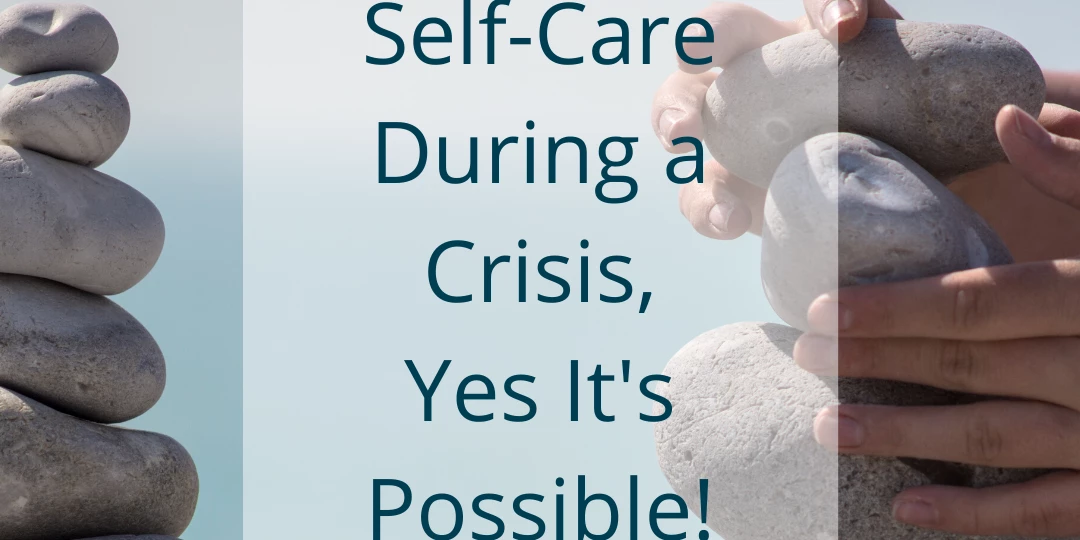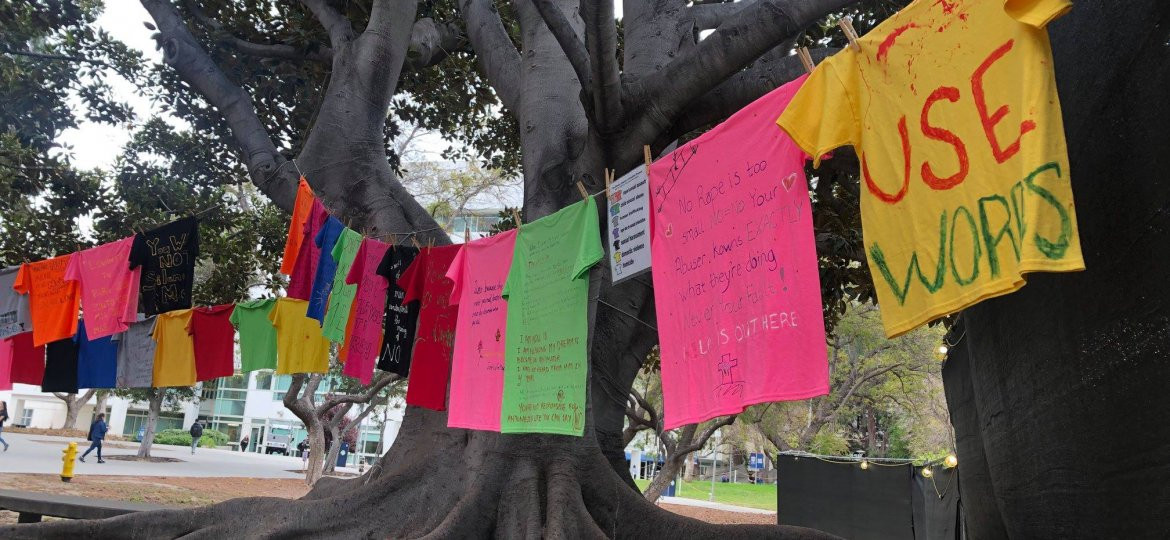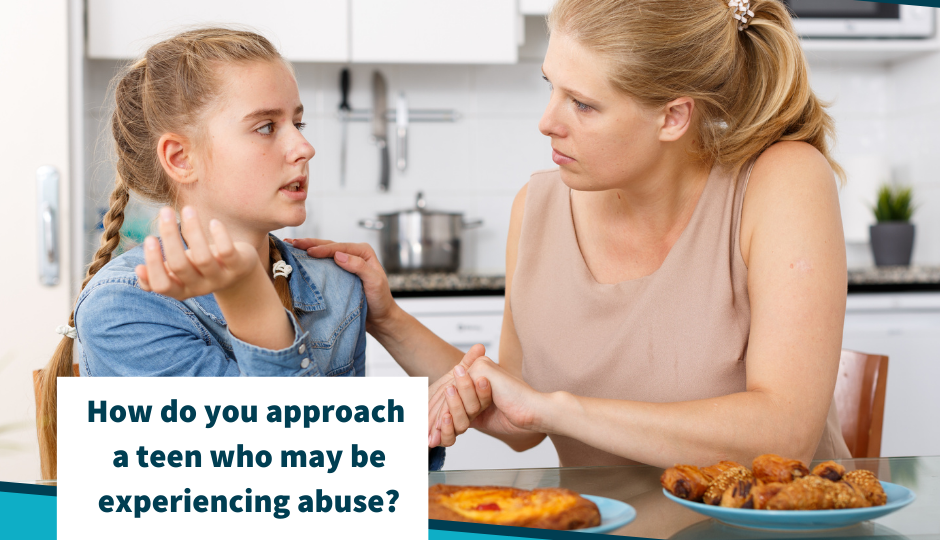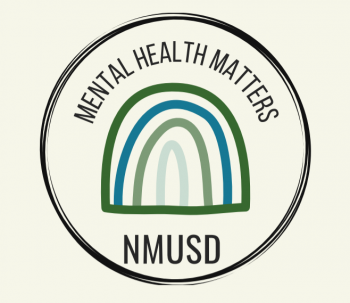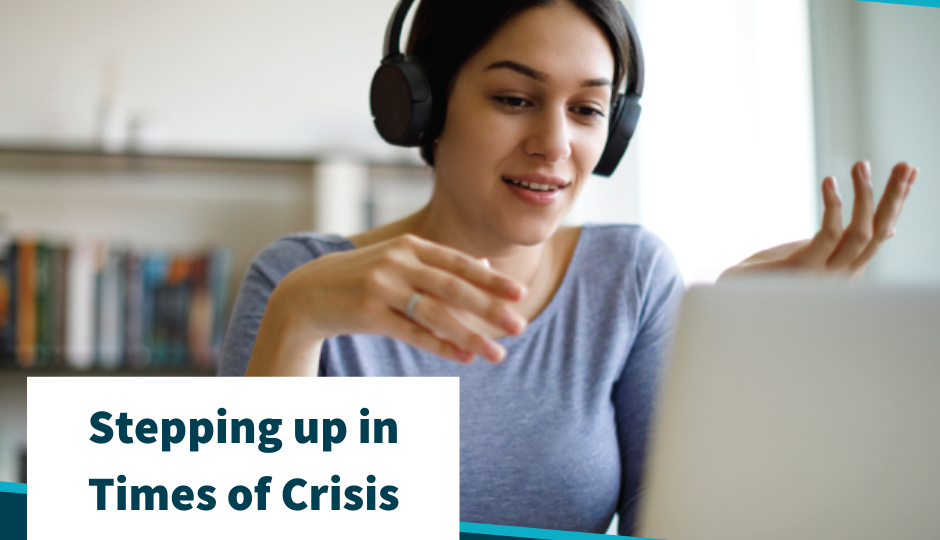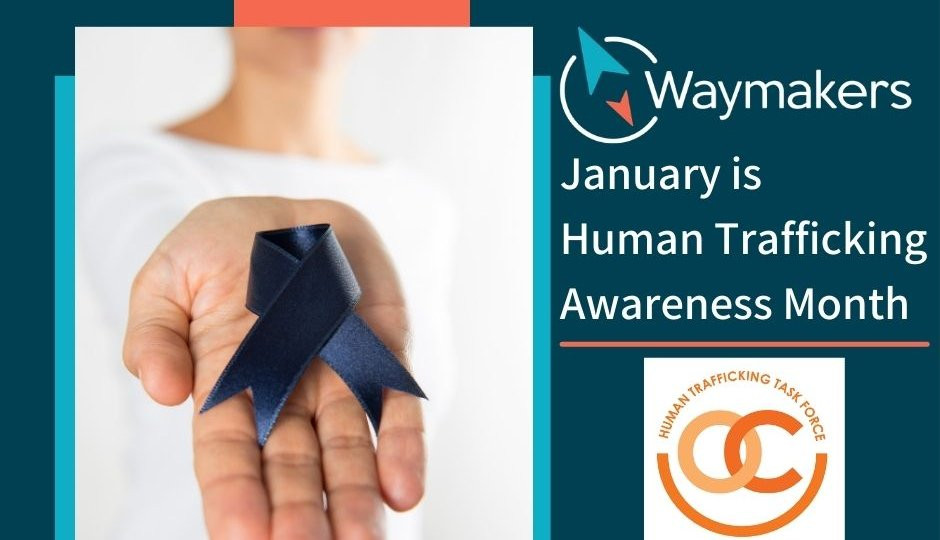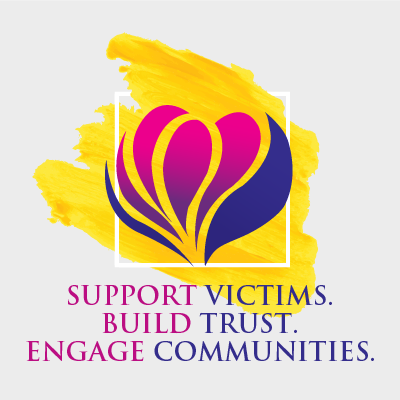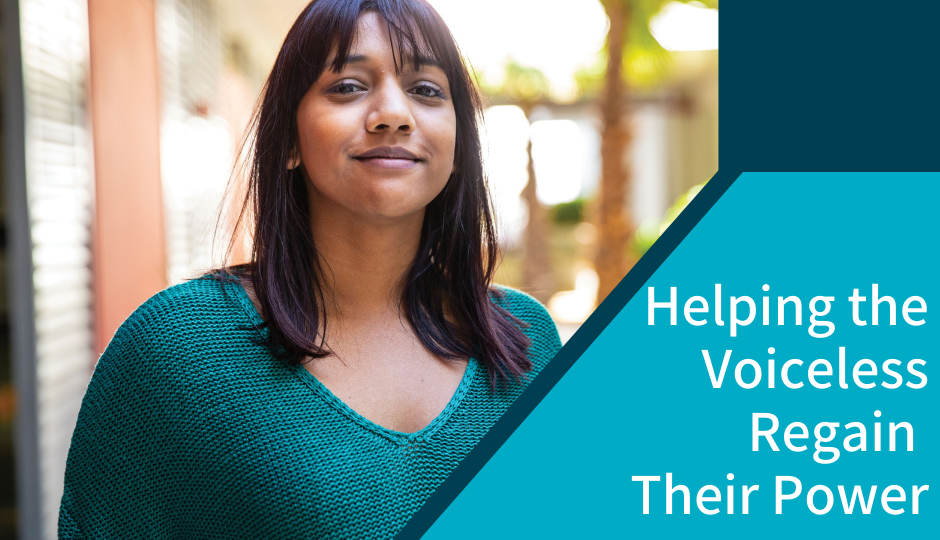One thing that has been at the forefront of all of our minds lately is health. Keeping ourselves physically healthy has become profoundly important during the COVID-19 pandemic. But what is equally important—and even directly related to our physical health—is our mental health. According to physicians, poor mental health is a risk factor for chronic physical conditions. In turn, people with chronic physical conditions are at risk for developing poor mental health, proving the clear connection between mind and body.
May is mental health awareness month, and in light of the current events, many people are looking for fun ways to throw a little self-care in their new routine. Science proves that self-care can truly make a difference in a person’s overall health and wellness, and now it may be more important than ever to look inward for restoration and health.
Here’s a quick 5-step course in “self-care 101” to keep your sanity in this season of being socially isolated.
Here goes:
1. Create space for yourself.
This might take creativity. Think about ways that creating space for yourself might look different than it used to. Start by making a list of things you can do to tend to your needs—reading, journaling, drawing, baking, taking a bubble bath, catching some sunshine, meditation. If you live others, communicate your need to take time for these activities and ask for “space” when you need it. Offer the same to them!
2. Move your body.
Ever wonder why it feels so good to just move? When you exercise, it delivers oxygen and nutrients to your body tissues, helping the cardiovascular system work more capably. When this happens, you are able to tackle those daily chores, homeschool duties and remote work even more efficiently, too. Accept that you may need to invite your children, or your pets, to exercise with you—and that’s ok. Think of them as your audience, partners or your cheerleaders while you get that oxygen boost!
3. Go to bed early.
Sleep is too often overlooked, but it is a vital component of a person’s overall health. Getting to bed early for optimal sleep enables the body to repair and be ready for another day (even in quarantine!). Getting a good night’s sleep can also shorten illness duration and prevent diseases and weight gain.
4. Set boundaries with information.
Let’s face it, the news, social media and even our screens (Zoom, email, etc.) can be informative but overwhelming. Try going one week setting boundaries on your screen time and information intake. Many phones allow users to set a time limit for apps—just like many parents do for their children. Write down how much time you would ideally spend looking at news, social media apps, and work, too if possible. Then create that boundary keeping self-care in mind.
5. Avoid comparing.
Comparing yourself to others is a trap. Everyone in the country—and all over the world—is handling the pandemic in their own unique way. If there are days you are thriving, that is ok! If there are days you are feeling low, that is ok! This is new and different, and you’re doing the best you can to adjust to this unusual and difficult situation. Instead of comparing your response to that of others, focus on daily successes and positive affirmations.
Practice these five steps for a week—maybe two weeks—and then take an inventory. If it helps, you can jot down in a journal how you feel before you begin intentionally taking self-care steps, and then how you feel after a week has passed. You may be amazed at the difference! You’re actually taking care of YOU! Self-care, especially in the midst of a crisis, takes practice, but it is possible. There’s never a better time to start than now.
If you need extra support, Waymakers remains steadfastly committed to helping individuals make their way through conflict and crisis to a place of strength and stability. All our programs are fully operational. Counseling for youth and families, support services for victims of crime, and conflict resolution for community members are being provided through electronic means, including play therapy for young children and assistance for victims of sexual assault and human trafficking. We are grateful to be able to continue to help individuals during this worldwide pandemic as we shelter children, support victims, counsel families, resolve conflicts and educate communities.
